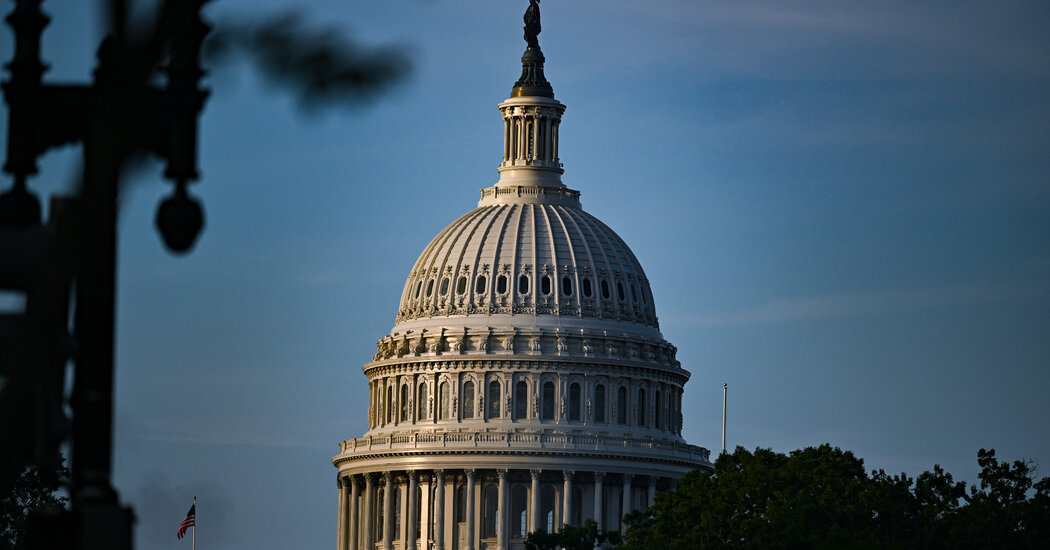The past few months have seen presidents of some of the nation’s top universities toppled following testimony in front of the House Committee on Education and the Workforce. But beyond the theatrics and harsh grilling, what do the Republicans on the committee have planned?
Kenneth K. Wong, an expert on education policy at Brown University, said the committee’s work so far raises the specter that university research funding or tax-exempt status could be jeopardized.
“They are sending a threat, a signal, that we are going to cut funding,” Dr. Wong said.
Besides instilling fear, though, no clear legislative agenda has emerged from the committee, led by Representative Virginia Foxx, a North Carolina Republican. Instead, the committee has seemed to contradict itself.
While committee members have attacked universities for failing to clamp down on protests, a bill this year by Ms. Foxx and Representative Brandon Williams, a New York Republican, prescribes the opposite.
The Respecting the First Amendment on Campus Act, adopted by the committee in March along party lines, would designate public outdoor areas on campuses as “traditional public forums” where no restrictions can block the “spontaneous assembly and distribution of literature.”
The committee has “certainly shed a spotlight on what’s happening on campuses,” said Jonathan S. Fansmith, senior vice president of government relations for the American Council on Education, a membership group of 1,600 colleges and universities. But when it comes to campus antisemitism, he said, “it does not seem that the committee has put forward any legislation.”
